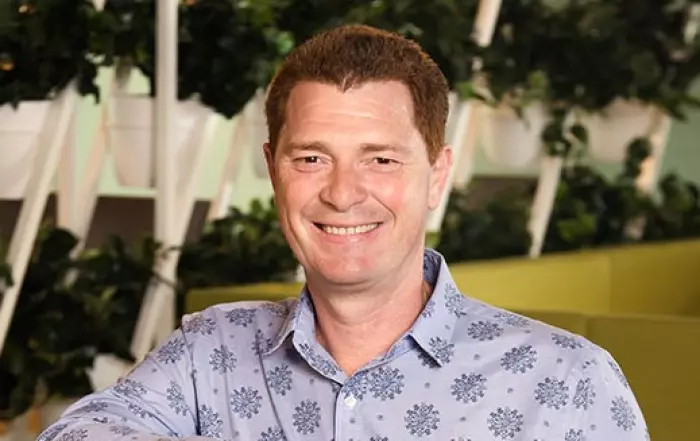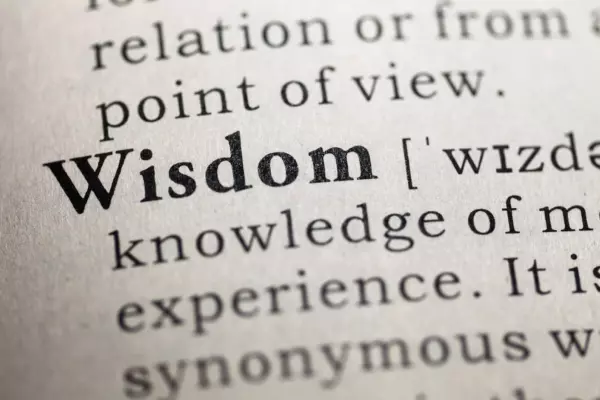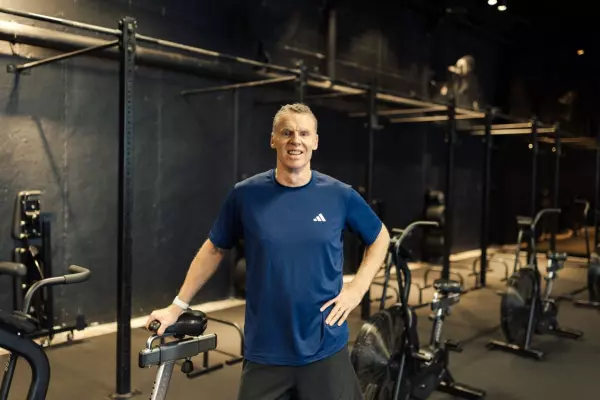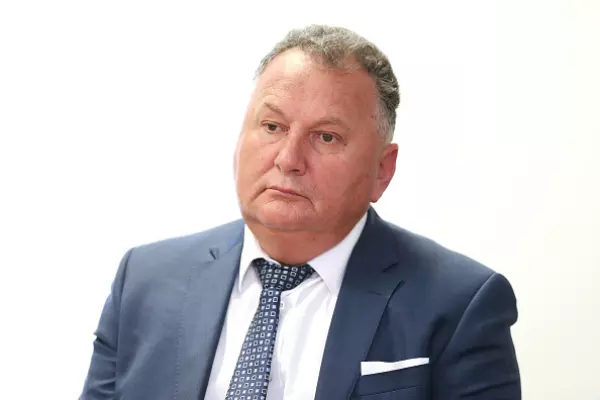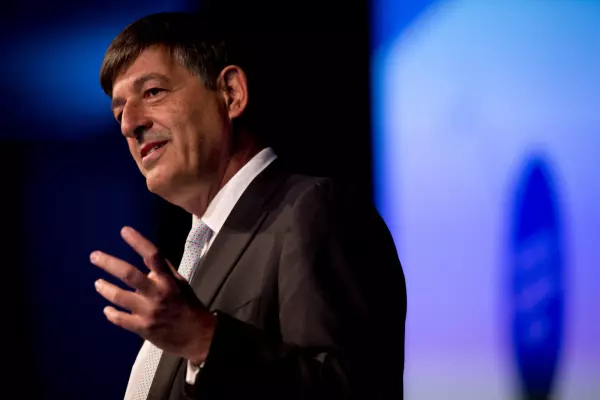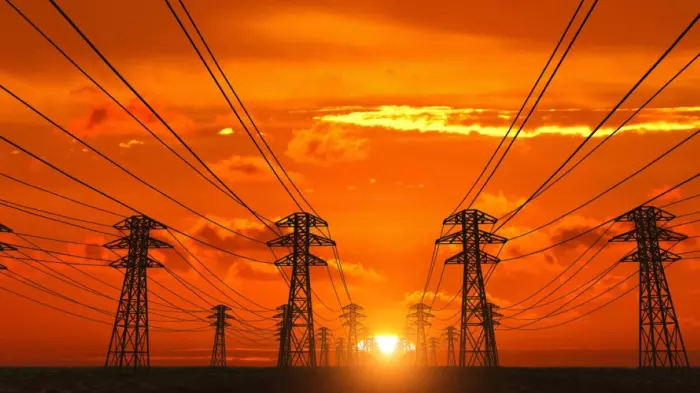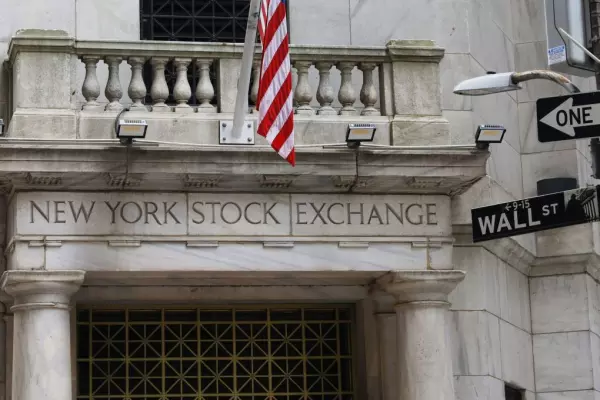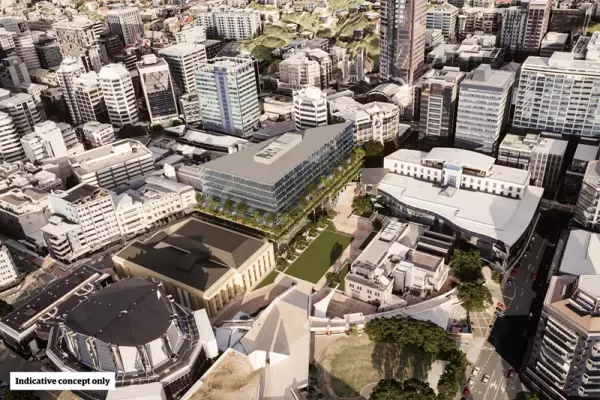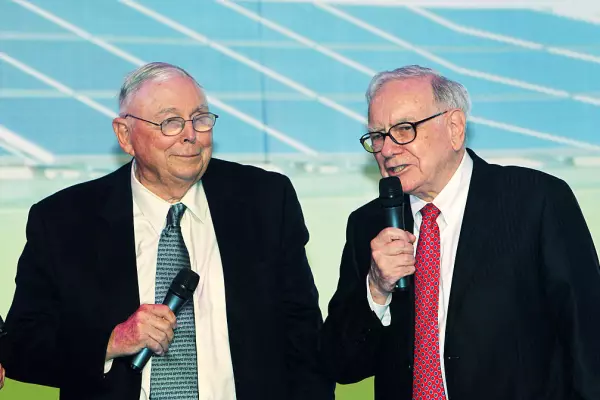Shareholders didn’t hold back at the annual meeting of fleet company Eroad today, as the board has to deal with a deluge of questions around the mysterious exit of founder and chief executive Steven Newman.
The company was grilled on its communication and management skills after Newman’s exit helped drive down Eroad’s shares to its lowest ever share price in June – but still wouldn’t reveal why Newman left so suddenly.
Eroad chair Graham Stuart acknowledged in his opening speech that over the past “eventful” year, Eroad’s share price had fallen by 60% against the benchmark of technology stocks.
Notwithstanding the “challenging macro environment”, he said it was clear the company hadn’t met shareholder expectations.
“Your board has a sharp focus on improving the company’s performance,” he said.
Stuart thanked Newman for his “very significant contribution to Eroad”. He said at the time Newman was expected to leave and the search for a replacement was underway, but the departure came earlier than expected.
Eroad’s board worked hard to ensure the CEO search was “rigorous and robust”, he said.
‘Like the All Blacks’
Newman’s exit was the main topic when the floor was opened for questions.
NZ Shareholders' Association representative Bruce Parkes was the first to grill the board on its silence over Newman’s resignation, as well as the company’s culture and decision-making ability.
“Silence doesn't work – as you all actually found out last weekend with the All Blacks – you have to say something,” he said.
He asked if Eroad had a disaster plan and if it contained a communication section within it.
“We had no greater insight than what we gave to the market as to the reason for Steven's resignation,” Stuart said.
“So it wasn’t appropriate to opine on what the nature of it might be.”
Stuart said he thought Eroad dealt with the communication as best it could, bearing in mind it had limited information about Newman's departure.
“Thank you for your answer but the market didn’t agree with you,” Parkes said.
“There were a lot of things happening at that time,” Stuart said in response. “But to the extent it did occur, I don’t think we could’ve glossed over it with words.”
In response to another shareholder on why the board wasn't aware of Newman's plans to resign, Stuart said all he could say was that it came as a “complete surprise” to the board.
An online question sought an explanation of why Newman left the position so abruptly, but Stuart said he wasn’t going to provide that.
Asked by BusinessDesk if the market reaction to Newman's exit had been a surprise, Stuart said: “We knew the market wouldn't like it”.
“But the share price had been weak leading up to it and the market does what the market does.”
The new chief executive Mark Heine chose his words carefully when BusinessDesk asked him what the scrutiny had been like to deal with since stepping into the role and what he had learnt from the past three months.
“We've got a lot of shareholders here today that we want to do well for and perform strongly,” he said.
“I'm really conscious of the responsibility for me to do so.”
But, he added, the role was also bringing him “a lot of joy”.
Longtime shareholders Joy and David Jarrett told BusinessDesk that they were pleased with the results of the meeting and felt comfortable with what had been covered.
The pair, who have invested in Eroad since 2007, said the company had always been a “strong performer” that offered a lot of benefits to its customers.
“It was a disruptive technology and when it entered the New Zealand market, it didn't take long for the market to see the value in it,” David Jarrett said.
Joy Jarrett said Newman’s sudden departure had come as a shock but “change can be good,” she said.
“You've got to keep hold of the long-term view,” David Jarrett added. “It’s not a good time for investors anywhere right now.”
‘Pivotal point in history’
Heine, who was appointed acting CEO immediately after Newman’s exit before being named permanent chief executive in late June, briefly thanked Newman in his speech before talking about Eroad’s future.
He told shareholders he was delighted to lead Eroad at a “pivotal point in its history”.
“We have an attractive business model and we’re growing recurring revenue,” he said.
Heine said Eroad had more than 8,000 customers in NZ, Australia and North America and between them had in excess of 200,000 connected vehicles and he was excited about the next year’s revenue prospects.
Eroad’s NZ market had an “exceptional” year last year, he said, while the North American market had been more challenging.
"We know we must execute on what is in front of us and rebuild the credibility with our shareholders,” Heine said.
The shares were unchanged at $2.14, having clawed back some of this year's losses when it bottomed out at $1.42.
Where did it all start?
Eroad has been in turmoil since its founder and chief executive Newman suddenly resigned from the company and its board back in April.
Newman co-founded satellite-navigation company Navman before becoming Eroad’s chief executive in November 2007 and was its CEO for 14 and a half years.
Eroad went public in 2014, selling $40 million of new shares at $3 each in an initial public offering, the bottom end of the $3-to-$3.80 range. Its share price peaked at about $6.70 in July 2021


